

The Future of Target Validation: Genomic Data Webinar Report
Hannah Gaimster, PhD
December 2023
Author: Hannah Gaimster, PhD
Contributors: Amanda White
Introduction
The Future of Target Validation was the latest in the series of Lifebit’s population genomics webinars on 6 December. The webinar focused on the impact of diverse genomic and clinical data on target validation, drug discovery, and patient outcomes. Experts joined the webinar to discuss their valuable perspectives and experiences of genomics, precision medicine and drug discovery.
Dr Jeffrey Gulcher: Challenges and Opportunities of Drug Target and Biomarker Discovery and Validation using Clinical and Genomic Data in Cardiometabolic, CNS, and Immune Diseases

Jeff, Chief Scientific Officer and Co-founder at Genuity Science, and global life sciences and genomic expert, began his talk by stating the key challenges regarding the use of genomics data for target validation and biomarker and drug discovery. He highlighted the fact that most large genomics datasets unfortunately lack associated clinical data- and those that do often are often lacking in sufficient detail to be able to define subtypes of severity associated with diseases.
There is an urgent need to add longitudinal and clinical data into genomics datasets to improve target validation and drug discovery
He called out the lack of multi-omics data, the limited diversity of data typically included in these studies and the inaccessible nature of most of these datasets for researchers as key challenges that researchers and pharma companies face
However, Jeff was keen to acknowledge the huge potential opportunities that genomics data can have in aiding biomarker and target discovery and validation, as more clinical data is captured in standardized formats such as OMOP. He also emphasized the importance of federated data analysis in providing secure access to globally distributed datasets.
Jeff pointed out that if we can identify genes driving more rapid progression and more severe outcomes in disease, these may represent novel drug targets and biomarkers. He then summarized some of the deep and diverse datasets Genuity Science have access to- these include vast cohorts of patients with diseases such as Parkinsons and lupus.
Jeff ended on an upbeat note, concluding that studies to pinpoint the genes causing more severe consequences and faster advancement of disease could serve as fresh therapeutic targets and biomarkers for drug discovery.
Dr Chiara Bacchelli: Diverse Data for Precision Medicine

Chiara, Lead for Precision Medicine and Human Genetics at Lifebit, highlighted the crucial need for diverse data in key aspects of drug discovery, in processes such as patient stratification, target validation and precision medicine approaches. She showed that whilst this data is increasingly being produced in labs around the world, secure access to connect this data is still lacking.
Furthermore, she discussed how the data available for drug discovery and target validation often lacks diversity- for example over 85% of individuals included in GWAS studies are European.
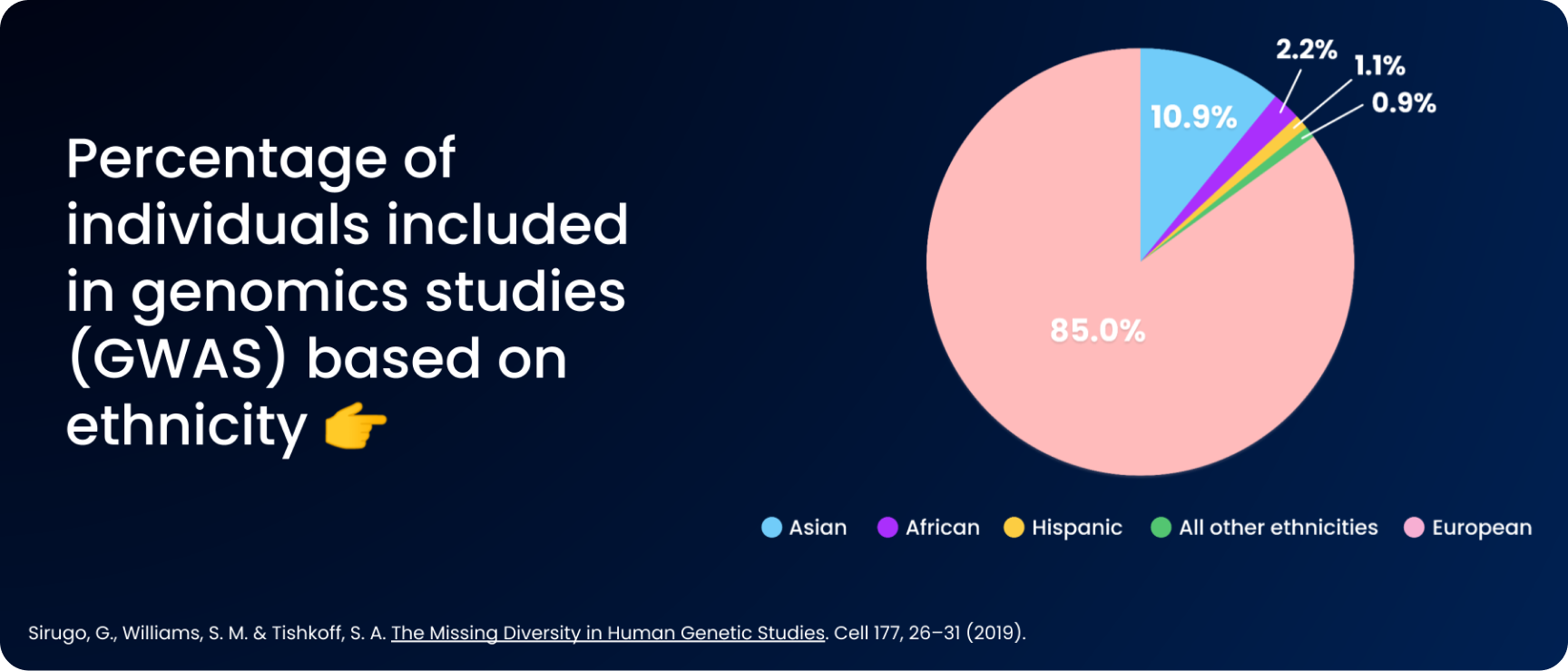
It is clear that lack of data diversity limits researchers in all fields, including those in effective target validation and drug discovery. Lack of data diversity exacerbates health disparities and leads to missed scientific opportunities for the global population. Chiara also emphasized the many advantages that can be gained by having access to diverse datasets.

Featured resource: Discover more in our blog on closing the gap in health data diversity to benefit patients and produce global insights
Chiara discussed that whilst this health data is crucial for better target validation and drug discovery, it is very sensitive data which is globally distributed. As such, the vast majority of this data is effectively inaccessible to researchers, limiting its potential to improve patient outcomes.
She proposed that a key solution to this paradox is data federation which offers a solution to the issue of data access while maintaining data security. Data federation makes it possible for multiple databases to function as a single entity. Accessing sensitive and globally distributed biomedical health data with this technology is very relevant since the data stays inside the proper jurisdictional bounds, the metadata is accessible and centrally located, and researchers can virtually link to the data's location for study.

Featured resource: Discover the complete guide to data federation
She also presented two key use cases where Lifebit is enabling secure diverse and global dataset sharing. In an effort to broaden the scope of genomics research and lessen health disparities in Latin America, Lifebit has partnered with two cutting edge population genomic projects in Brazil and Mexico.
Catch up on our previous webinar where Prof Lygia V. Pereira, CEO and Co-Founder, gen-t Science, Victor Angel-Mosti, CEO and Founder of Omica.bio, Prof Matt Silver, Genomics England, and Dr Maria Dunford, CEO of Lifebit, discuss the challenges and opportunities surrounding health data equity.
Chiara also showcased our ongoing partnership with pharma company, Boehringer Ingelheim. We collaborate to develop a scalable data, analytics, and infrastructure platform. The goal here is to maximize the usefulness of data for drug discovery and precision medicine by gathering translational insights from large healthcare biobanks. This will ultimately help accelerate drug and wider research discoveries to optimize patient outcomes.
Jeff and Chiara then took many interesting questions from the audience (spanning 28 countries!) to round off the session.
Summary
The webinar examined the critical significance that comprehensive and varied genetic data plays in providing quick and efficient target validation. Secure access to large scale diverse data via federation offers an important solution, to enable new scientific discoveries and improve patient outcomes at a global scale.
Sign up for our newsletter to ensure you hear about the next webinar
in our series!
About Lifebit
At Lifebit, we develop secure federated data analysis solutions for clients including Genomics England, NIHR Cambridge Biomedical Research Centre, Danish National Genome Centre and Boehringer Ingelheim to help researchers turn data into discoveries.
Interested in learning more about Lifebit’s federated data solution for genomics research?
Featured news and events
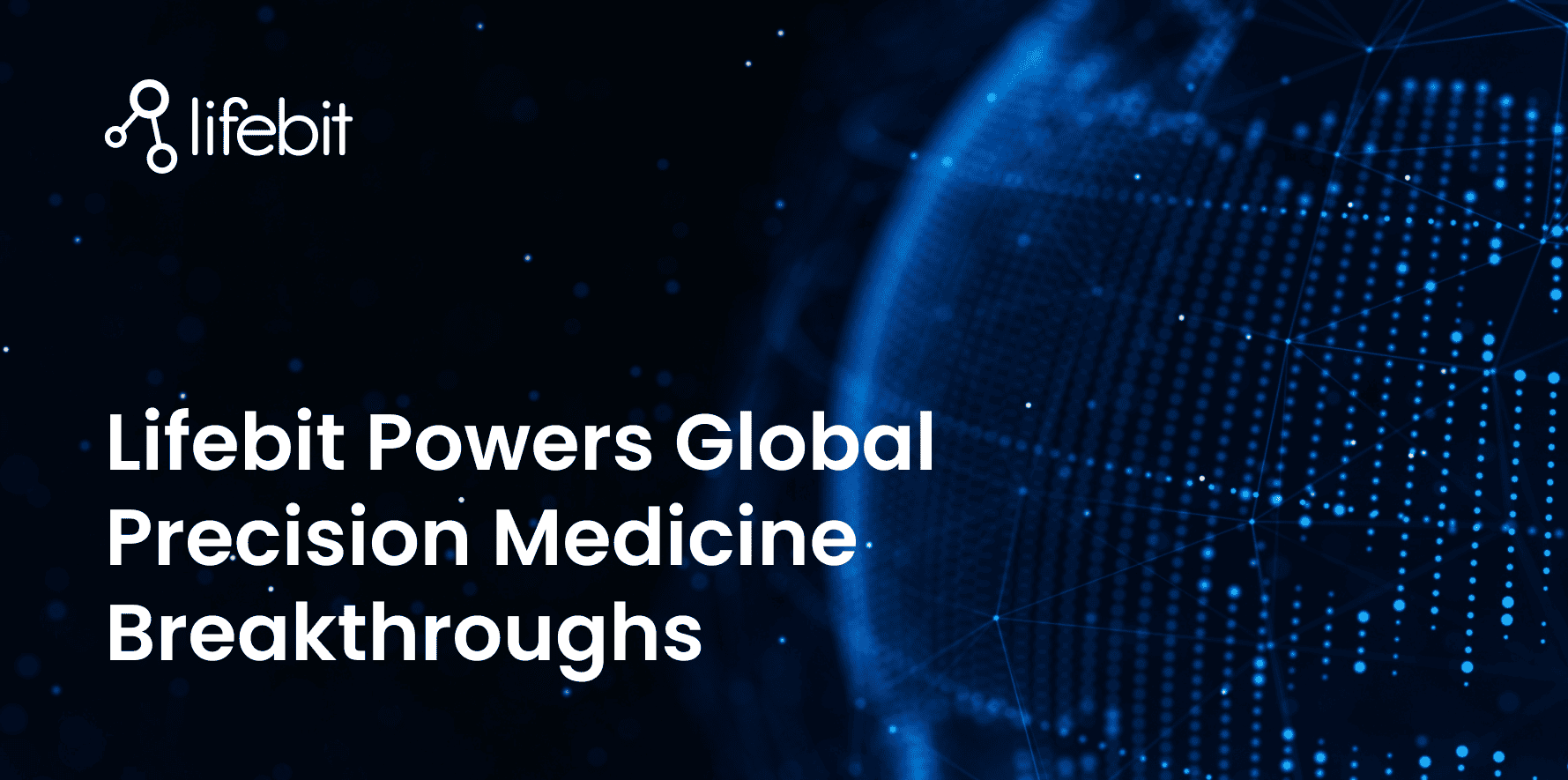
2025-03-14 15:45:18
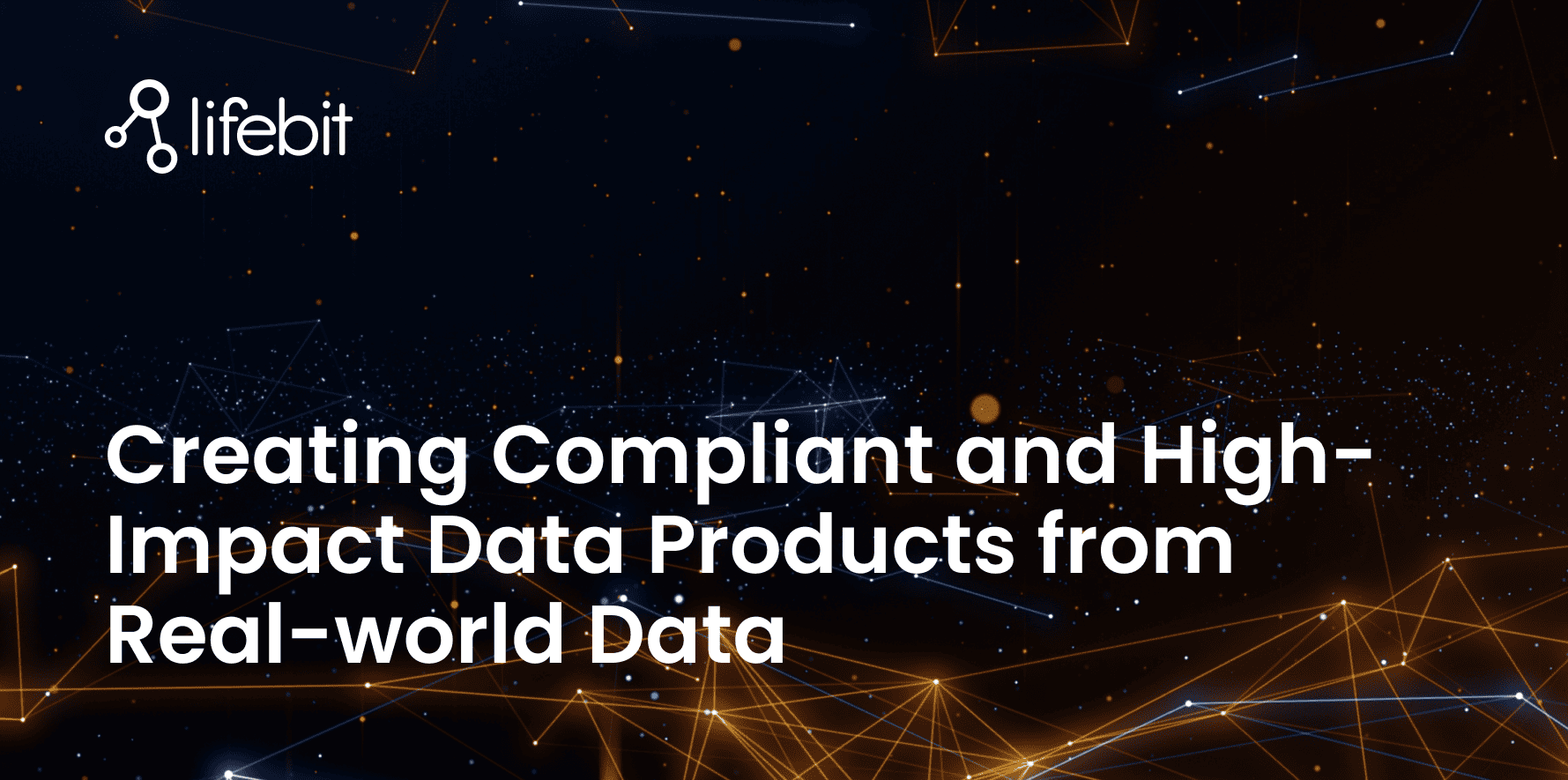
2025-03-05 12:49:53
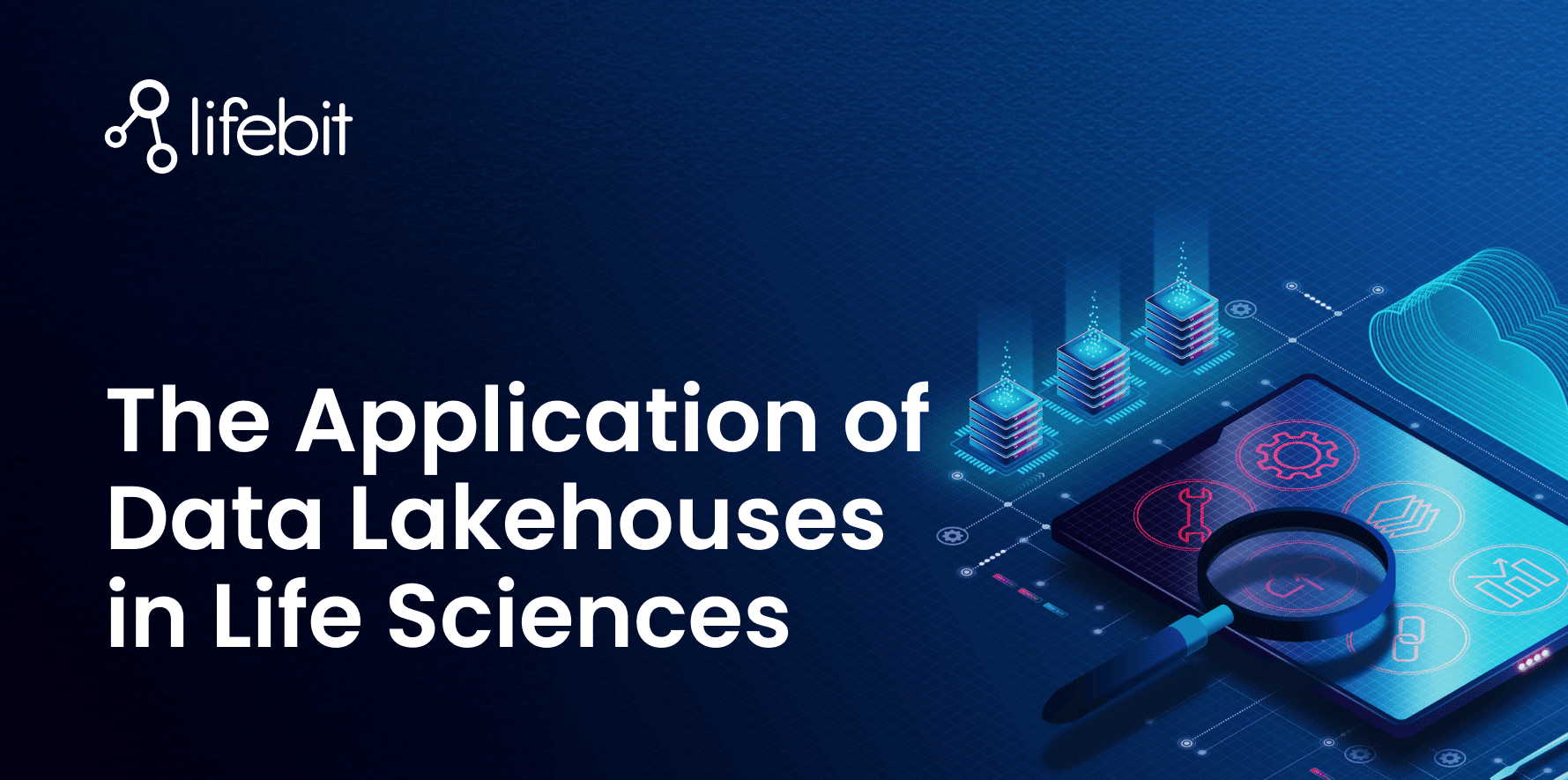
2025-02-27 10:00:00
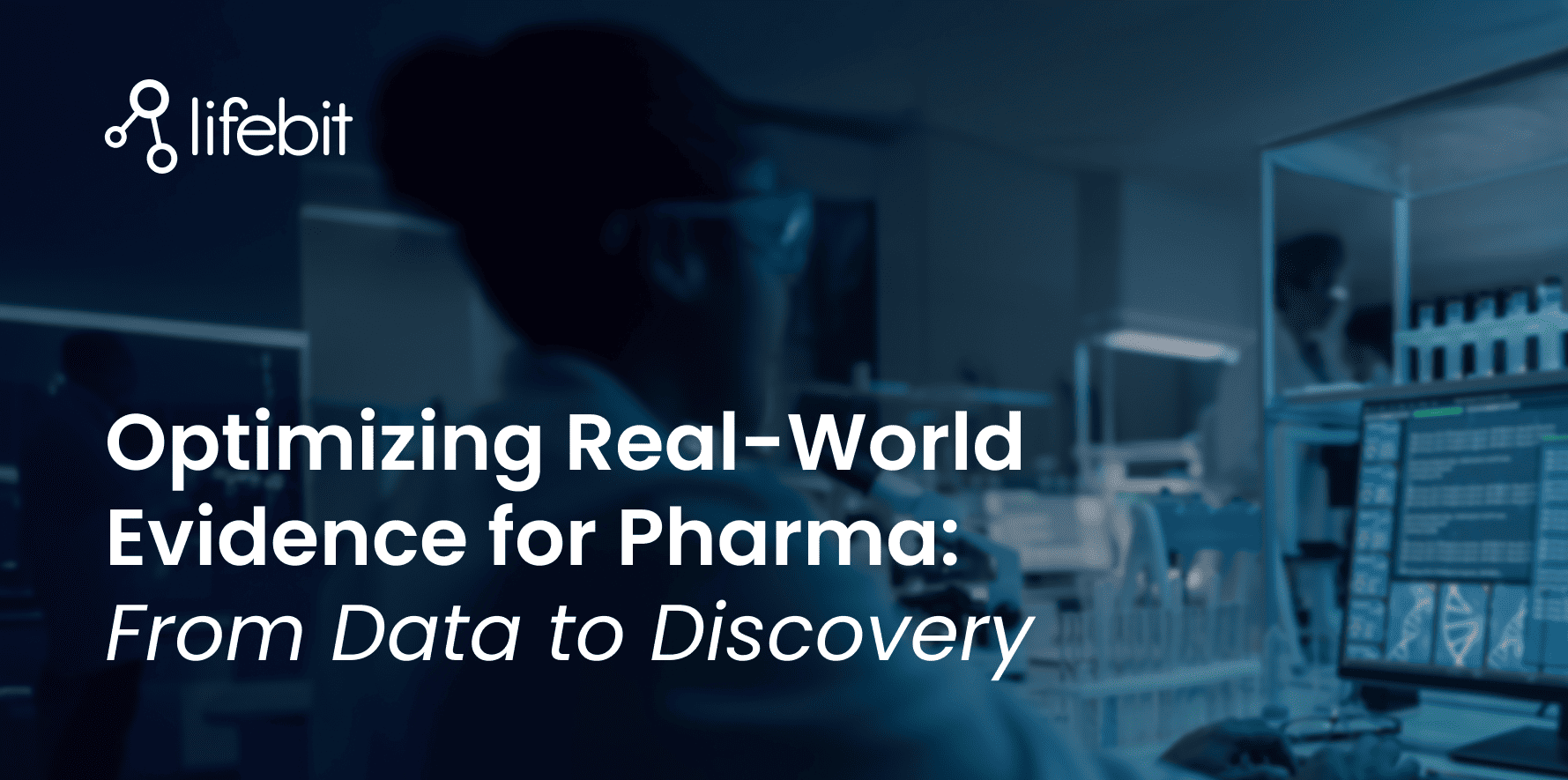
2025-02-19 13:30:24
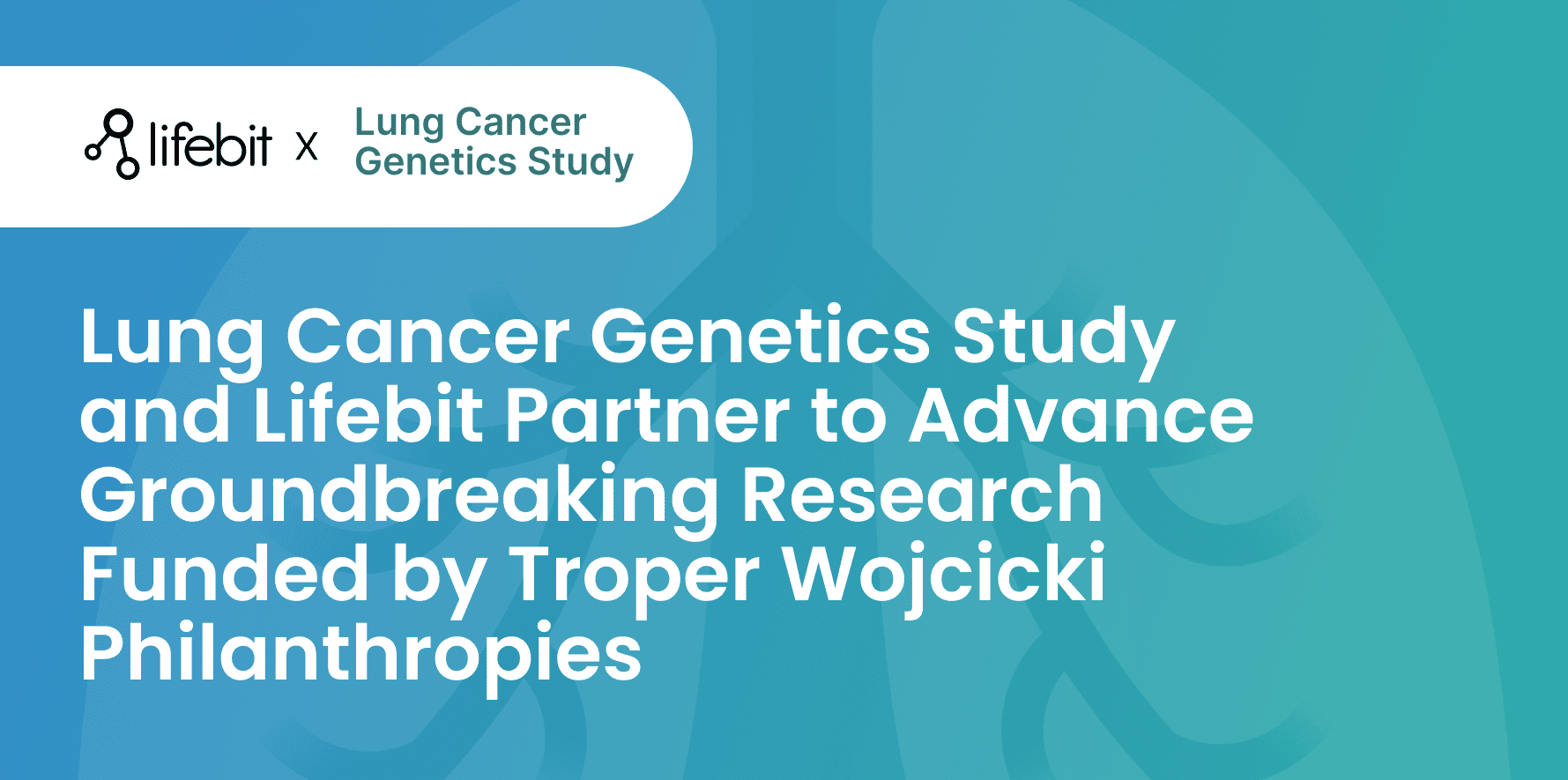
2025-02-11 08:39:49
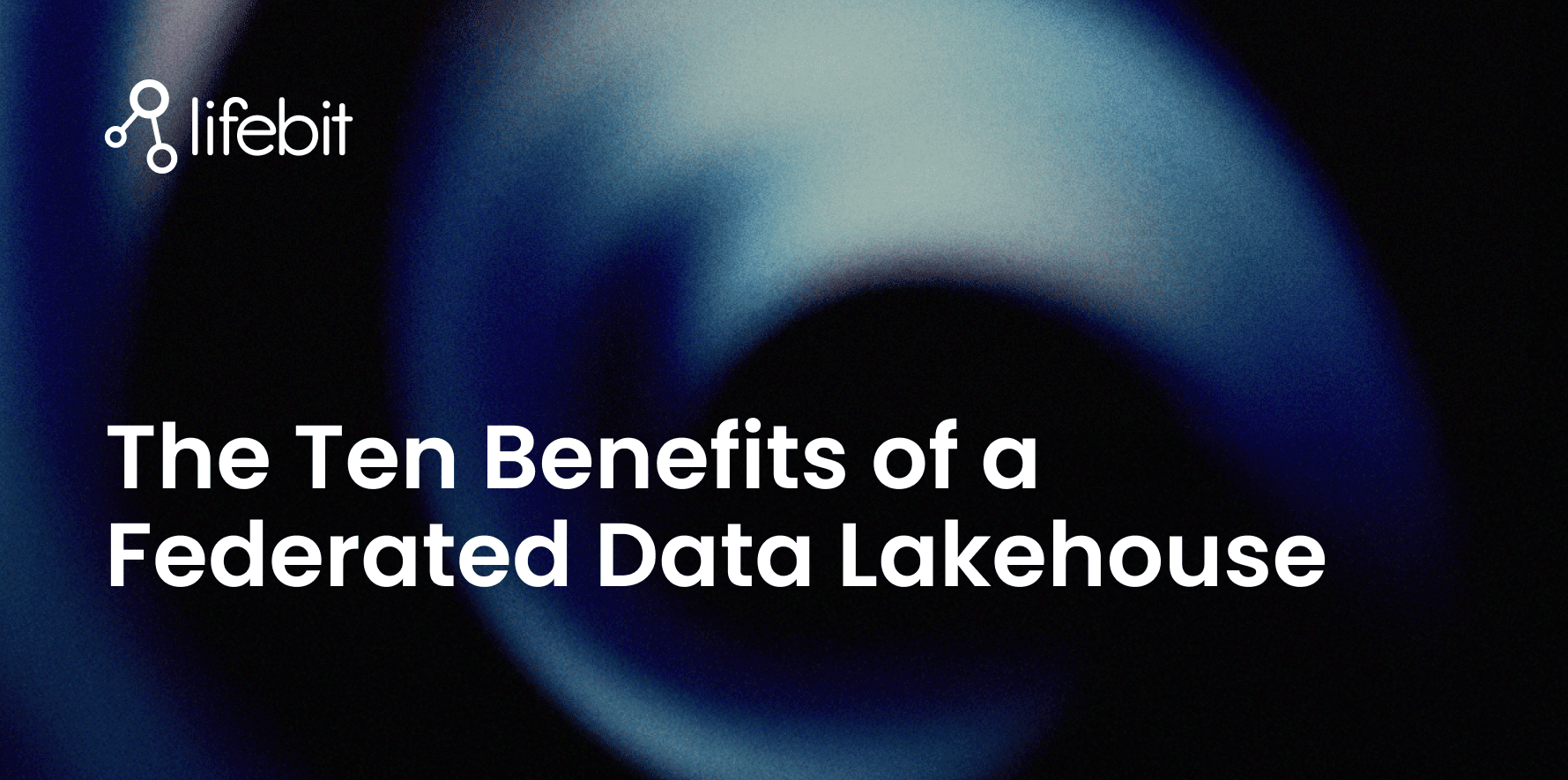
2025-01-30 12:47:38
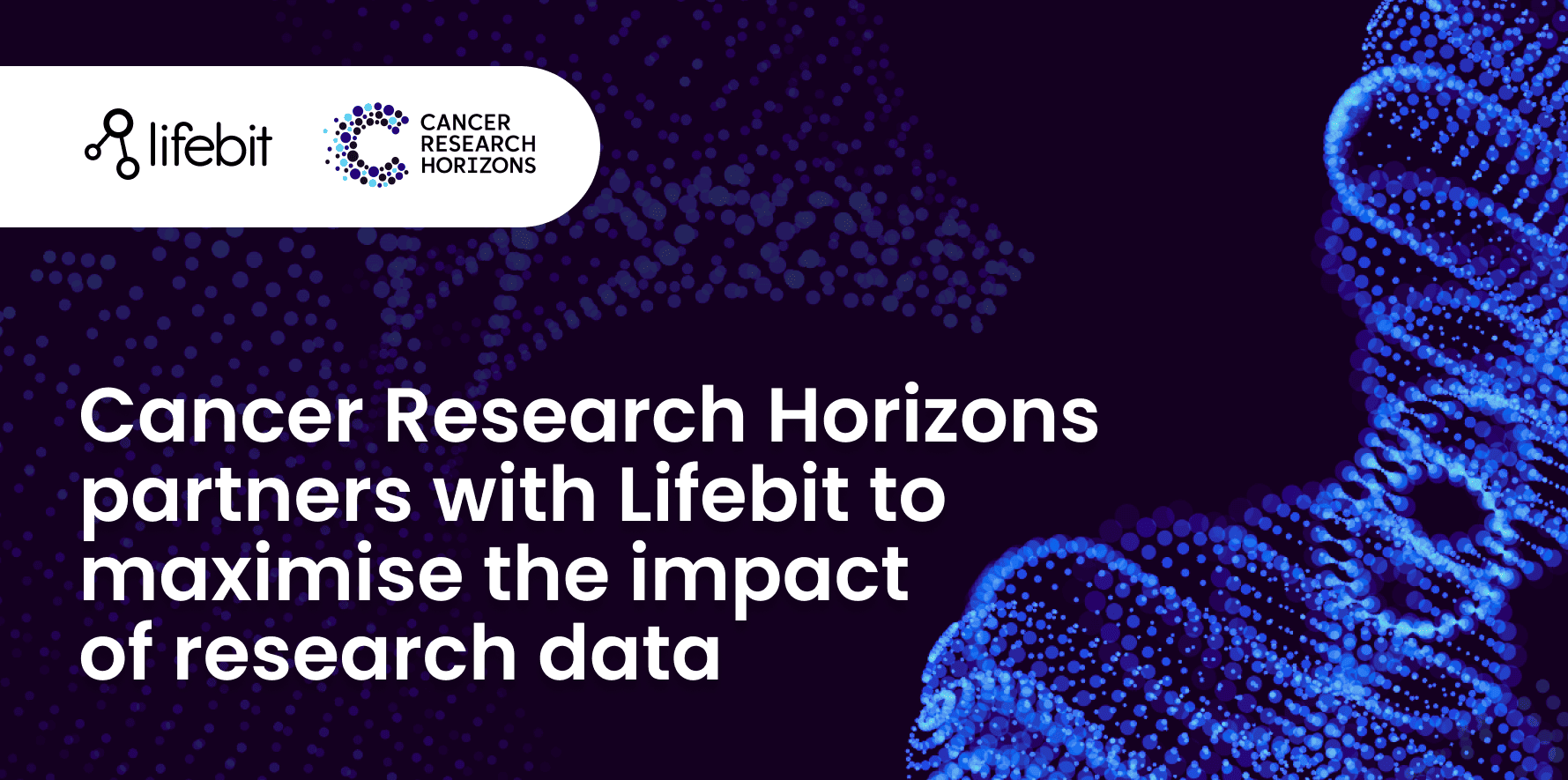
2025-01-28 08:00:00
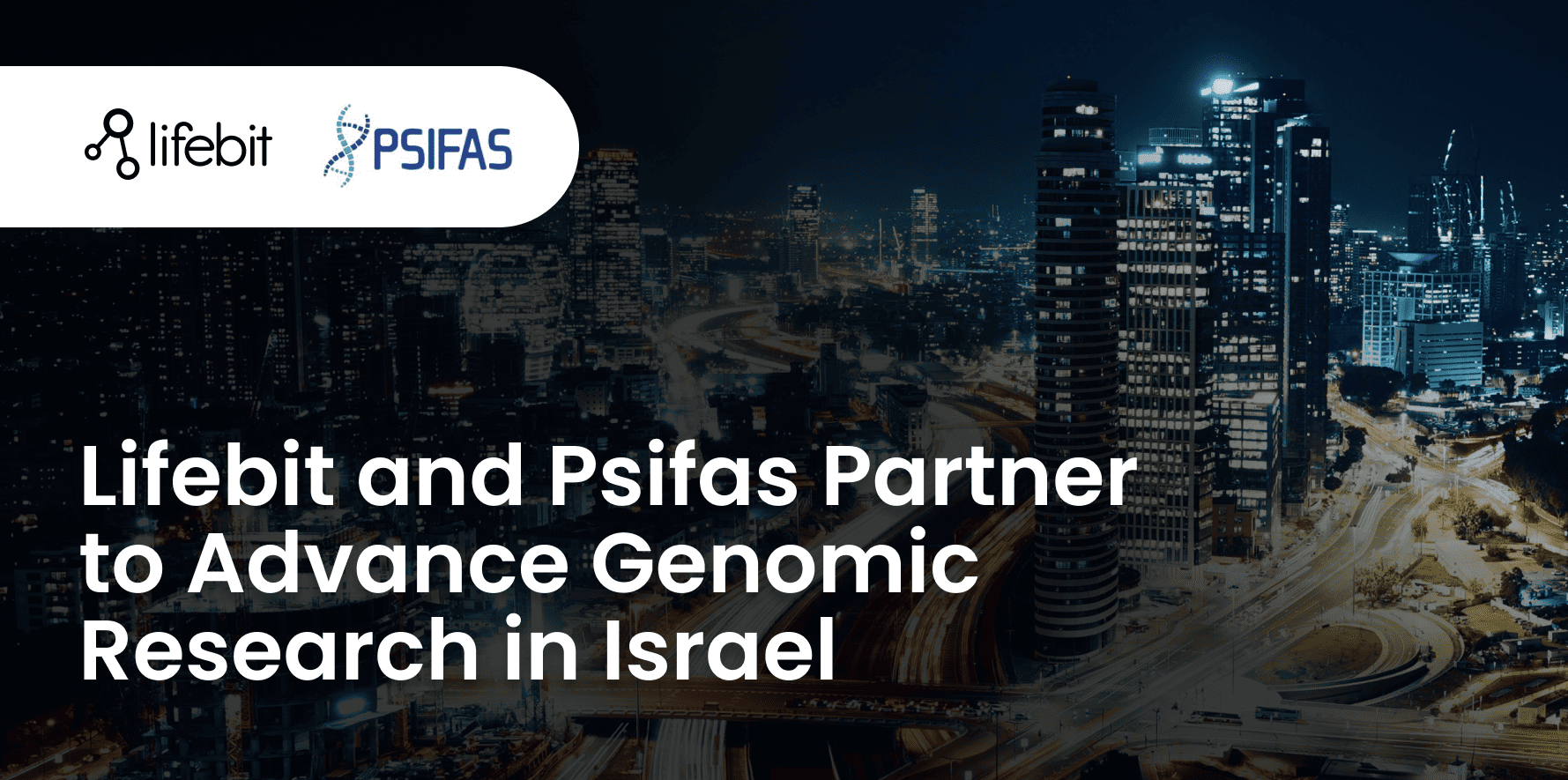
2025-01-23 09:07:20
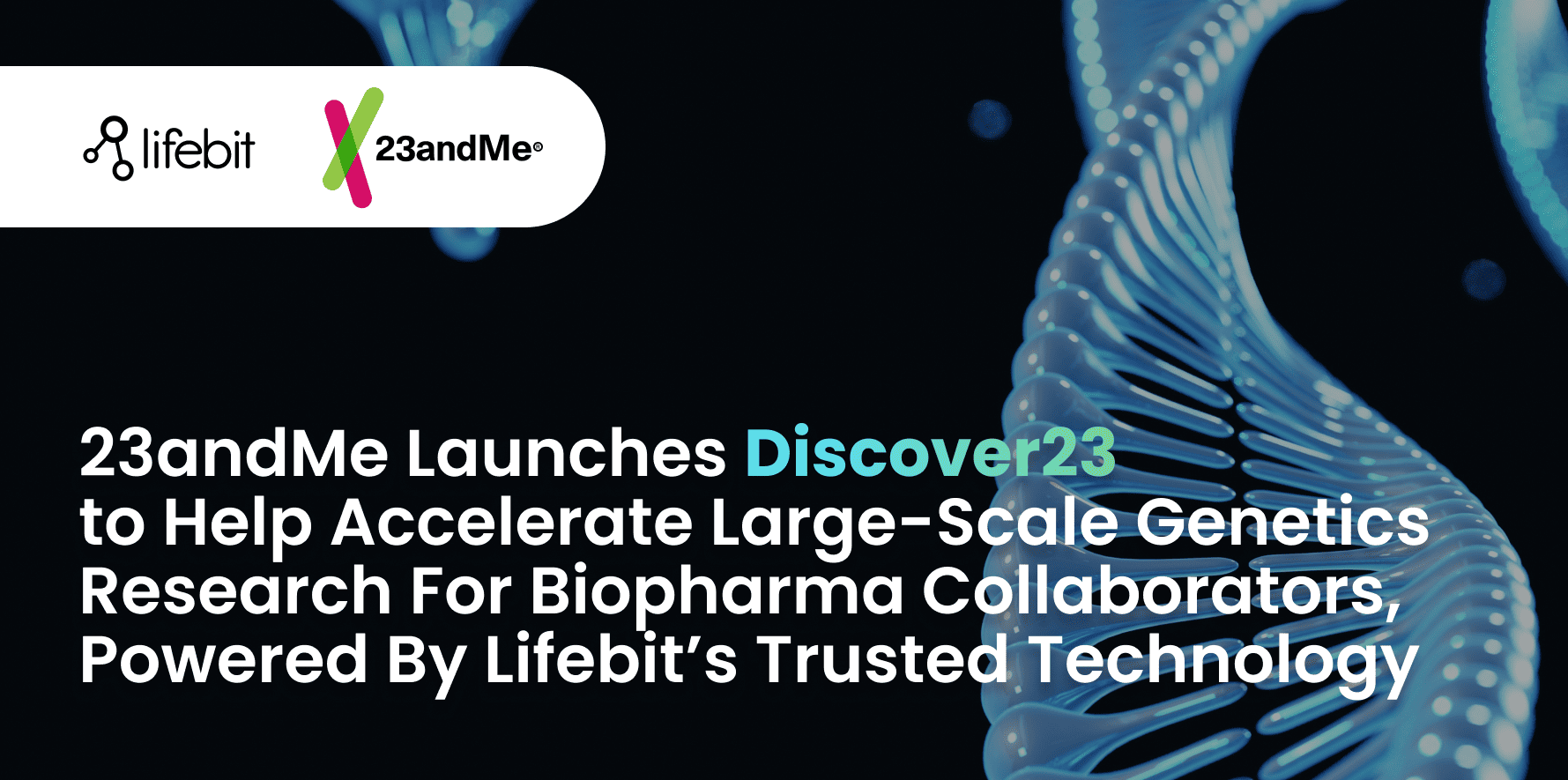
2025-01-08 13:58:41
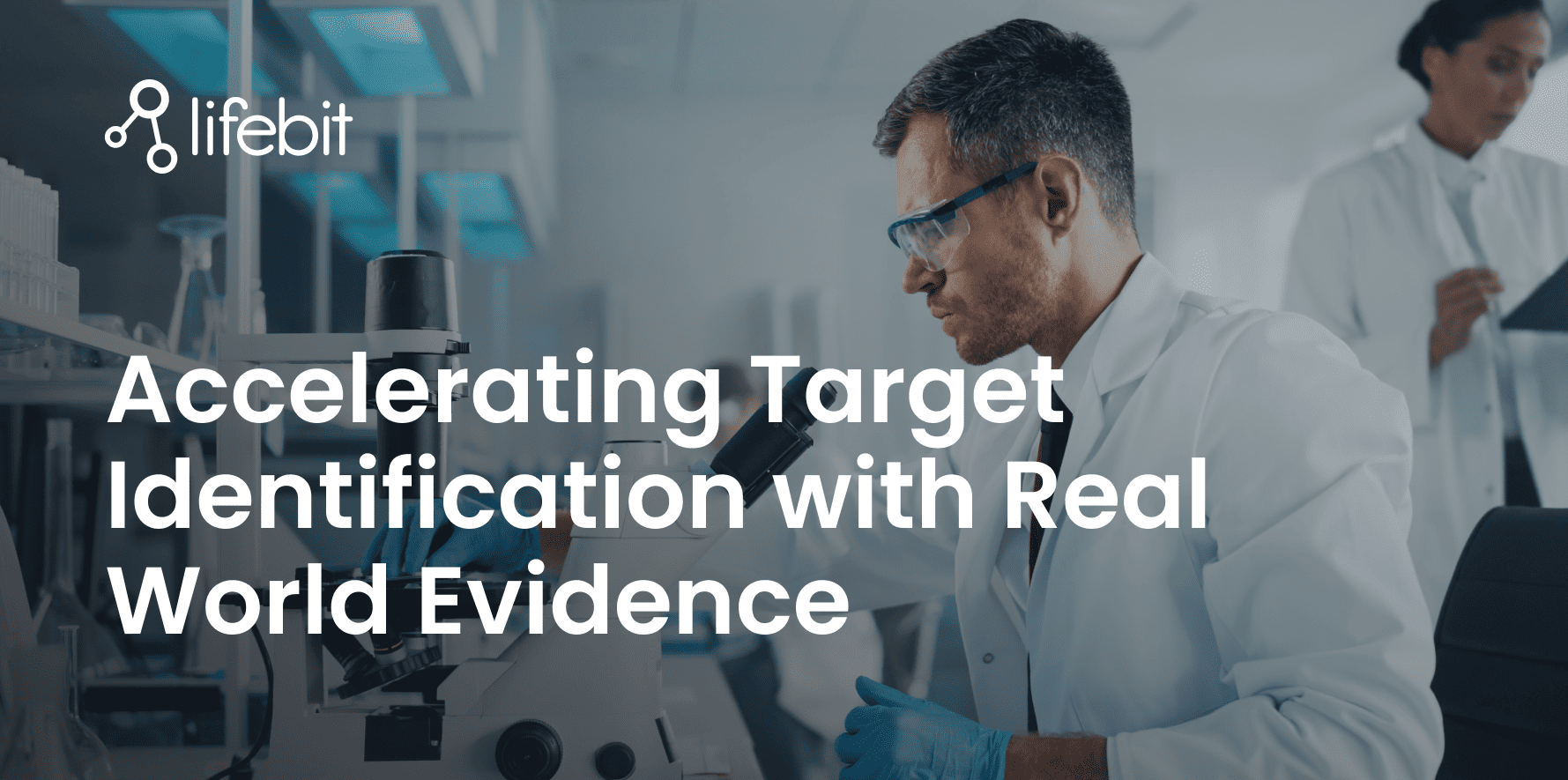
2024-12-06 15:53:10

.png)